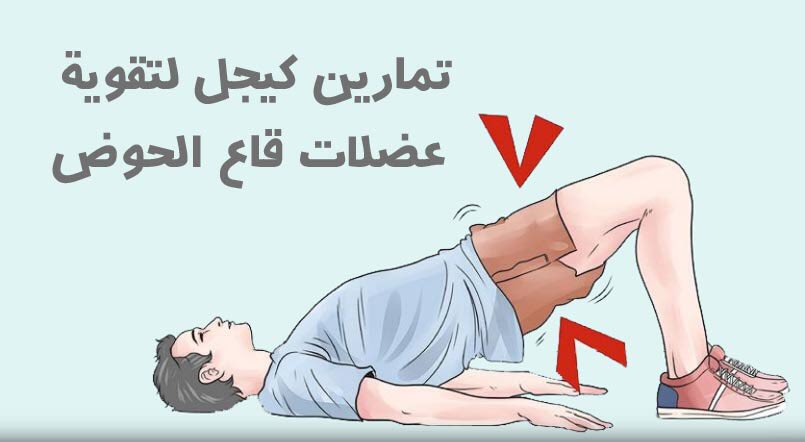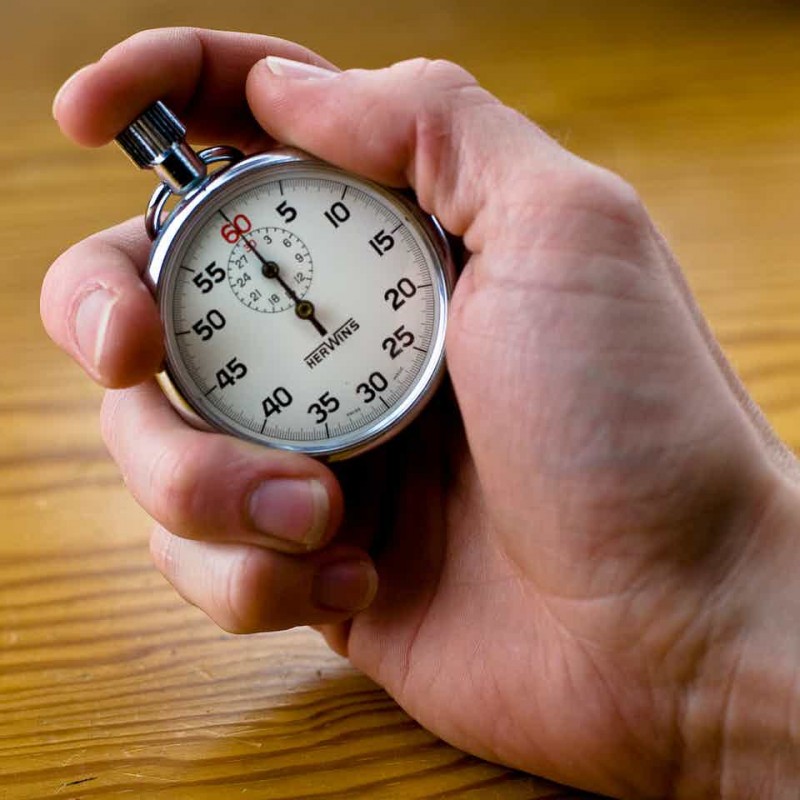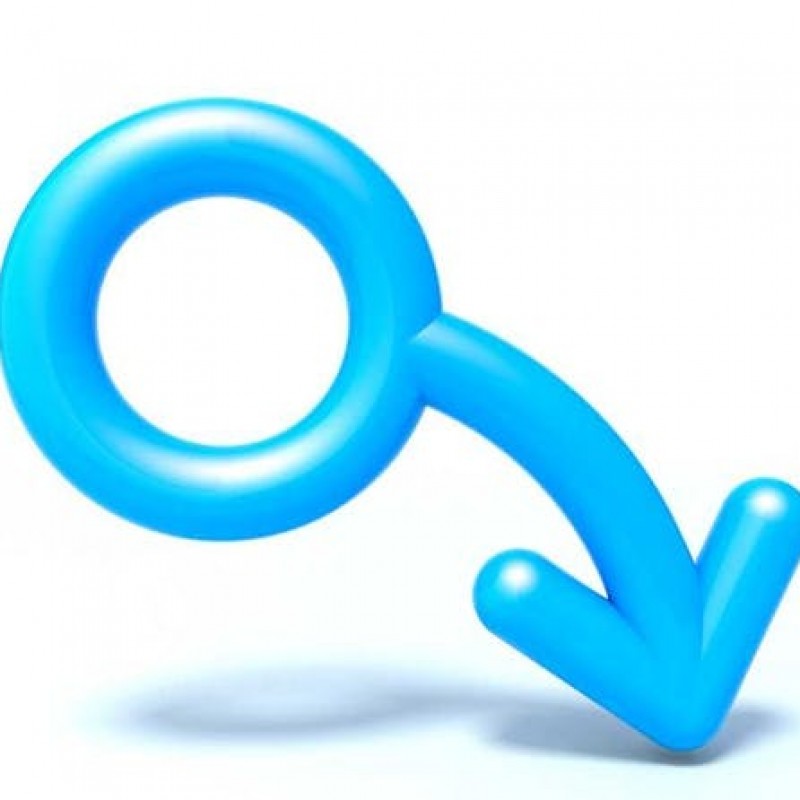Erectile dysfunction is defined as difficulty achieving or maintaining an erection. It is often caused by a combination of physical and emotional problems. Erectile dysfunction leads to difficulty intercourse, which reduces sex drive and libido, increases anxiety and depression, and affects the marital relationship.
Erectile dysfunction medications are a standard solution for most men, but they have downsides, such as potential side effects and over-reliance on their use. But pills don't have to be the first or only option.
In many cases, lifestyle changes may slow the progression of ED and help treat it.
Search for signs
You should always monitor sexual ability for any changes, no matter how insignificant. For example, can you get an erection, but not full sex? Does your erection take longer or is it inconsistent?
Consult a doctor if symptoms become more frequent or severe to look for causes such as diseases.
Do more aerobic exercise
40 minutes of moderate to vigorous aerobic activity, four times a week for six months, can improve impotence. The type of exercise does not matter as long as the proper intensity is achieved; Examples include jogging, swimming, cycling, resistance training, and brisk walking.
Try doing Kegel exercises
Kegel exercises strengthen the pelvic floor muscles, and some research suggests they may help with ED by increasing blood flow to the penis. Kegel exercises are performed by stretching the muscles you might use to stop the flow of urine or suppress gas, with set intervals to keep the muscles contracting.

Watch your waist
Studies have found that men who are clinically obese have a 40% higher risk of developing erectile dysfunction. If you are overweight, reducing your weight by 5% to 10% has been shown to improve sexual function.
Change your diet
Several studies have found that the health benefits of the Mediterranean diet extend to erectile dysfunction as well.
Fruits, vegetables, whole grains, nuts, and legumes
•olive oil
Cheese and yogurt in small to moderate quantities
Fish and poultry in small to moderate quantities
Health problems that cause erectile dysfunction
Cardiovascular disease
Erectile dysfunction is often caused by abnormal blood vessels that do not supply enough blood to the penis for an erection. Erectile dysfunction may be a sign that something else is going on in your blood vessels, such as high blood pressure and atherosclerosis.
Diabetes
Diabetes can damage the nerves and blood vessels needed to achieve and maintain an erection. Men with diabetes tend to develop erectile dysfunction at a younger age than men without diabetes.
Prostate gland diseases
Men who have an enlarged prostate gland due to benign prostatic hyperplasia are more likely to develop erectile dysfunction. Although it is not common.
psychological states
Psychological and emotional problems, such as stress, anxiety and depression, can contribute to ED. A doctor can help with the diagnosis and help obtain appropriate advice or treatment, as needed.


